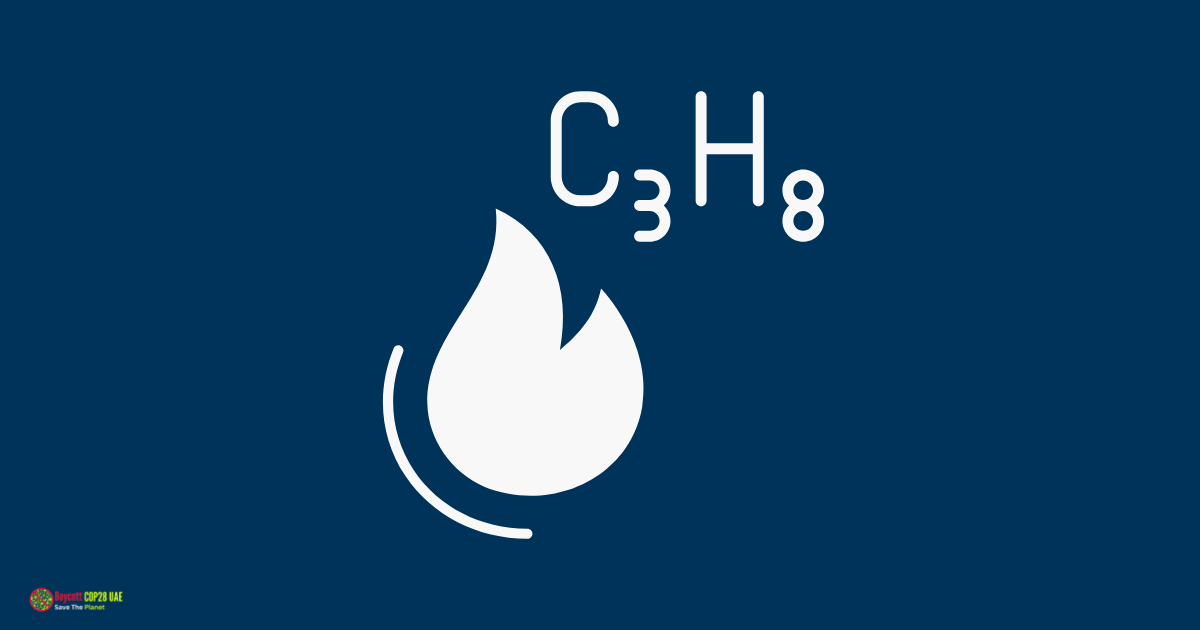Propane, a byproduct of natural gas processing and crude oil refining, has been hailed as a cleaner energy alternative to gasoline, diesel, and other fossil fuels. Propane is a popular fuel source for heating homes and businesses, cooking, and powering vehicles. However, there has been a debate about whether propane contributes to global warming or not. The answer is no, propane does not contribute to global warming.
Propane is a clean-burning fuel that produces fewer greenhouse gas emissions than traditional fossil fuels. When propane is burned, it emits fewer carbon dioxide (CO2) emissions than other fossil fuels. In fact, propane produces 43% less CO2 emissions than coal, 30% less than oil, and 10% less than natural gas. Additionally, propane does not contain sulfur, which is a harmful pollutant that contributes to acid rain.
Propane is also non-toxic and non-polluting, which makes it an environmentally friendly fuel option. Unlike other fossil fuels, propane is not harmful to the soil, water, or air. It is also not harmful to human health when handled properly. The Environmental Protection Agency (EPA) has recognized propane as a clean alternative fuel that can reduce emissions and improve air quality.
Another benefit of using propane is that it is a domestically produced fuel. The United States is one of the world’s leading producers of propane, which means that it does not rely on foreign countries for its energy needs. This reduces the country’s dependence on foreign oil and strengthens its energy security.
In conclusion, propane does not contribute to global warming. It is a clean-burning fuel that produces fewer emissions than traditional fossil fuels. Propane is also non-toxic and non-polluting, making it an environmentally friendly fuel option. It is domestically produced, which reduces the country’s dependence on foreign oil. Propane is an excellent energy source that can be used to power vehicles, heat homes and businesses, and cook food.






